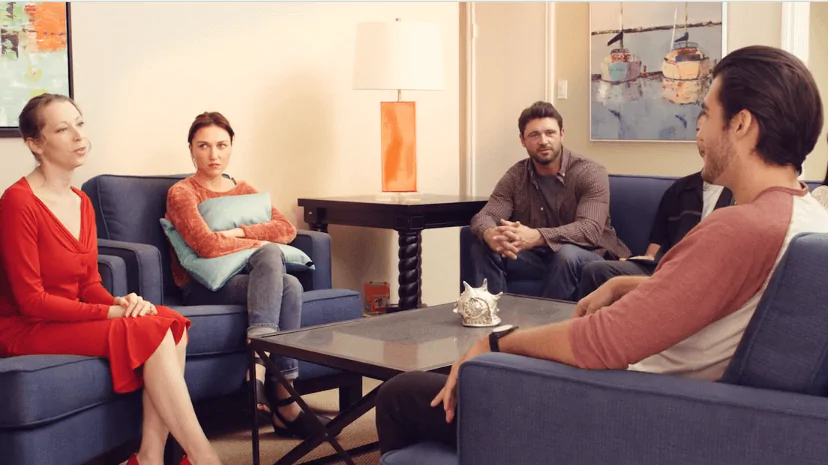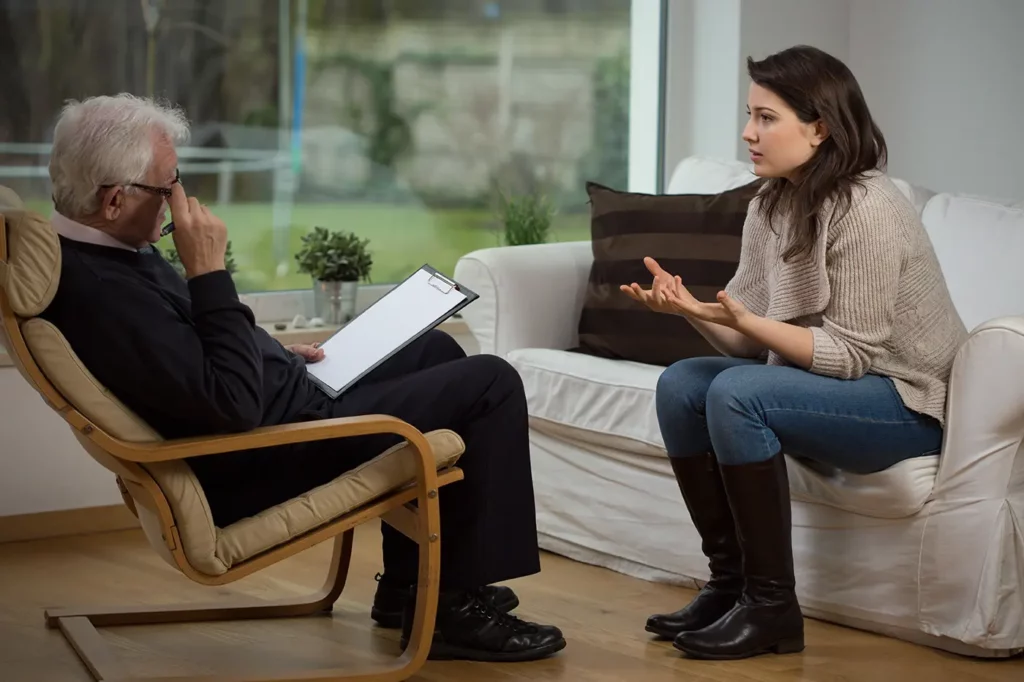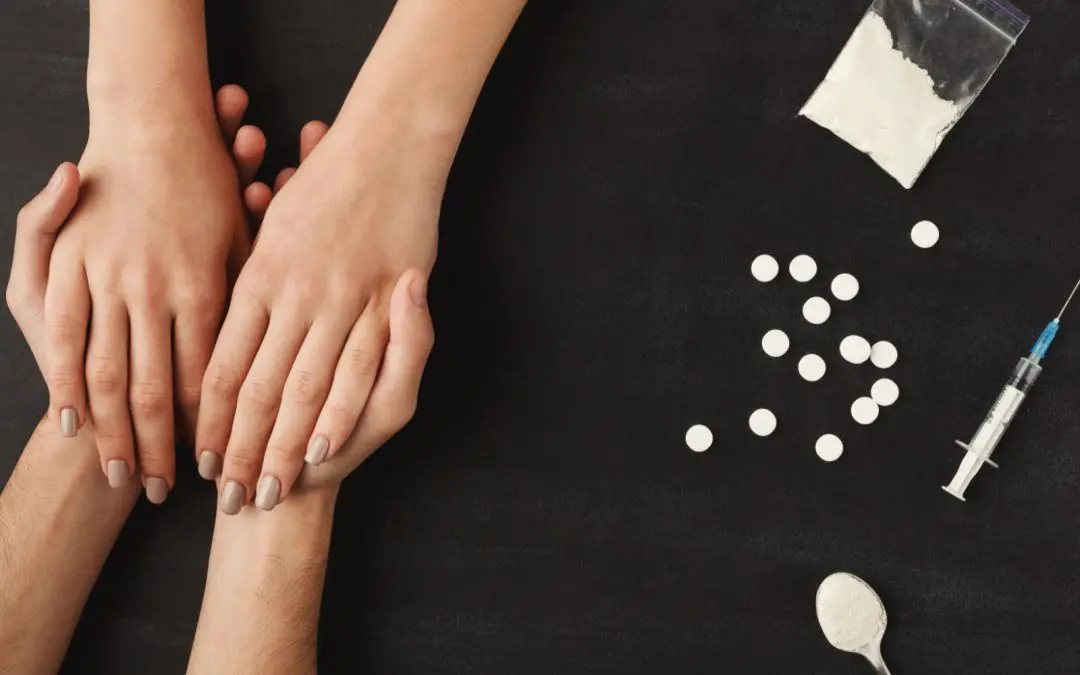24/7 Helpline:
(866) 899-111424/7 Helpline:
(866) 899-1114
Learn more about PTSD Treatment centers in Rutland
PTSD Treatment in Other Cities

Other Insurance Options

Aetna

Coventry Health Care

MVP Healthcare

Health Net

WellCare Health Plans

State Farm

Evernorth

Excellus

Horizon Healthcare Service

Anthem

Humana

Group Health Incorporated

Absolute Total Care

Health Choice

UnitedHealth Group

Optum

Self-pay options

CareSource

Carleon

Choice Care Network






















